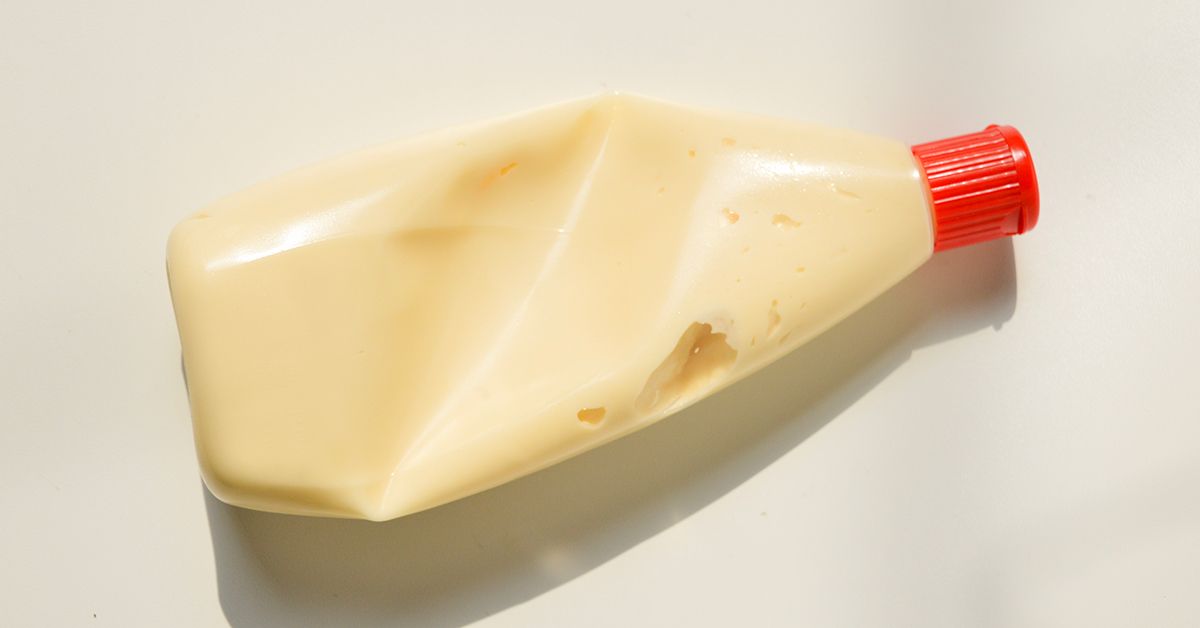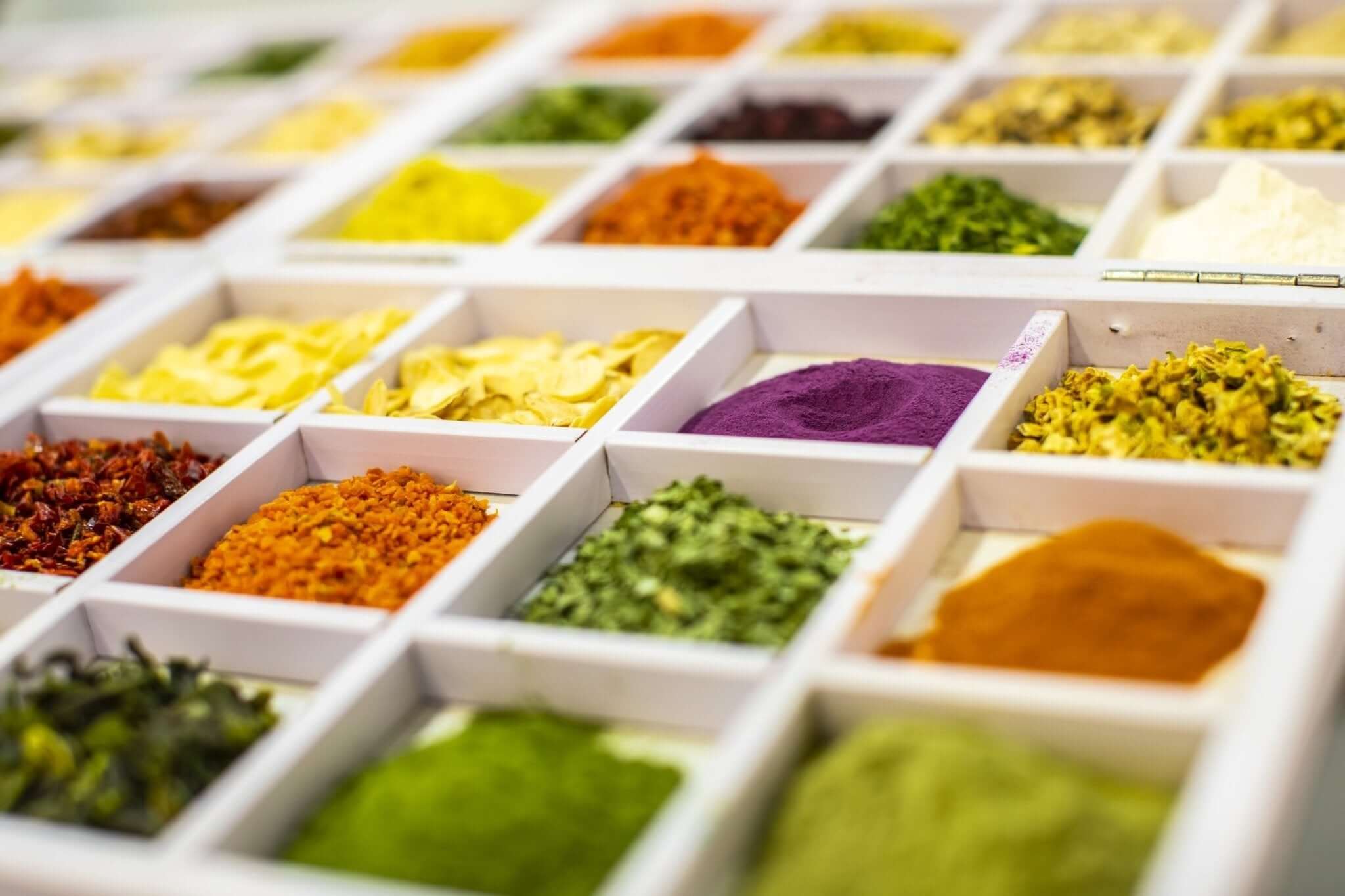Everything about the Role of an Emulsifier in Food and Its Relevance in Modern Cuisine
Emulsifiers are essential in modern food, assisting in the mix of immiscible liquids like oil and water. Their ability to maintain combinations boosts the appearance and taste of various foodstuff. From salad dressings to baked products, emulsifiers play a significant role in both industrial and home food preparation. The science behind their function and the future innovations in their use remain much less discovered. What more could be uncovered regarding these essential culinary representatives?
Understanding Emulsification: The Science Behind the Refine
Although emulsification might look like a simple cooking method, it includes complicated scientific principles that are vital for creating secure mixtures of immiscible fluids, such as oil and water. At the heart of this process exists the concept of surface area tension, which protects against the 2 fluids from mixing normally. Emulsifiers, substances that lower surface tension, play a vital role in assisting in the mix of these fluids. They have both hydrophilic (water-attracting) and hydrophobic (water-repelling) residential properties, allowing them to secure themselves at the user interface in between oil and water.
When an emulsifier is presented and the mixture is perturbed, it forms a safety barrier around distributed droplets of one fluid within the various other, stabilizing the mix. This activity not just enhances texture and mouthfeel in food products but also adds to their visual appeal. Emulsifier In Food. Recognizing the scientific research behind emulsification is basic in contemporary cuisine, permitting chefs to create a selection of sauces, dressings, and emulsified meals
Common Types of Emulsifiers Made Use Of in Food
Emulsifiers are crucial ingredients in the food sector, playing a crucial function in maintaining mixes of oil and water. Numerous kinds of emulsifiers are frequently used, each with unique properties matched for various applications. Lecithin, originated from soybeans or egg yolks, is just one of one of the most prominent natural emulsifiers, typically discovered in delicious chocolates and dressings. Mono- and diglycerides, which are obtained from glycerol and fatty acids, are commonly made use of in baked products and margarine to enhance texture and expand life span. An additional common emulsifier is polysorbate 80, favored for its capability to enhance the consistency of gelato and sauces. Additionally, xanthan periodontal and guar gum tissue function as thickening representatives that also add to emulsification in gluten-free items. These emulsifiers are integral to developing a secure, tasty product in modern-day food formulas, making certain a positive sensory experience for consumers.
The Role of Emulsifiers in Different Food Products
A range of food count on emulsifiers to accomplish desired structures and security. These substances promote the blending of immiscible liquids, such as oil and water, which is crucial in lots of processed foods. In salad dressings, emulsifiers help preserve a regular mixture, protecting against separation and enhancing rack life. In baked products, they add to an uniform crumb framework and dampness retention, improving overall quality.
Emulsifiers additionally play a substantial function in dairy products, such as ice cream and yogurt, where they maintain fat blobs, making certain a smooth mouthfeel. Additionally, in dressings and sauces, they improve viscosity and enhance spreadability. This functionality is essential in the production of chocolates, margarine, and mayo, where a cohesive product is needed. In general, the usage of emulsifiers in different foodstuff is integral to modern food production, improving security and consistency throughout a variety of items.
Just How Emulsifiers Enhance Appearance and Flavor

When incorporated right into food, emulsifiers greatly improve both texture and taste, creating an even more pleasurable consuming experience. These substances assist in the mixing of active ingredients that generally do not blend well, such as oil and water, causing a smoother, creamier uniformity. This not just improves mouthfeel however additionally permits tastes to distribute uniformly throughout the product, enhancing the overall taste.

Emulsifiers in Home Food Preparation: Tips and Techniques
Exactly how can home cooks efficiently use emulsifiers to boost their meals? Emulsifiers play an essential duty in achieving desirable textures and tastes in homemade recipes. Using egg yolks in mayonnaise or hollandaise sauce allows for a stable solution, incorporating oil and water effectively. Home cooks can also trying out mustard, which serves as an emulsifier in vinaigrettes, ensuring a smooth consistency.
In cooking, integrating lecithin, located in egg yolks or soy, can enhance dough stability and dampness retention. Furthermore, making use of industrial emulsifiers like xanthan periodontal or guar gum tissue can help thicken sauces and dressings while keeping a creamy mouthfeel.
When developing ice lotions or whipped toppings, emulsifiers can protect against ice crystal development, causing a smoother texture. By grasping these methods, home cooks can greatly elevate their cooking productions, providing delightful and regular dishes that showcase the power of emulsification.
The Future of Emulsifiers in Culinary Advancement
As the culinary globe proceeds to progress, the function of emulsifiers is poised to end up being significantly innovative and varied. Breakthroughs in food science are resulting in the growth of new emulsifying agents originated from all-natural resources, which satisfy health-conscious consumers and improve the sensory high qualities of recipes. Advancements such as plant-based emulsifiers are obtaining grip, allowing chefs to produce vegan and allergen-free choices without endangering appearance or flavor.
Additionally, making use of emulsifiers in molecular gastronomy is broadening, enabling cooks to click to read trying out unique appearances and discussions that captivate diners. As sustainability comes to be a concern, the future might see a shift towards environmentally friendly emulsifiers that minimize environmental you could try these out influence.
Inevitably, emulsifiers will certainly remain to play an important role in culinary innovation, bridging the gap between custom and modernity, and allowing cooks to press the limits of creative thinking in their cooking areas.
Regularly Asked Inquiries

Are Emulsifiers Safe for Individuals With Allergies?
Emulsifiers can be secure for individuals with allergies, depending upon their specific sensitivities. Nonetheless, particular emulsifiers, acquired from allergenic sources like soy or eggs, may activate responses, demanding careful component analysis and assessment with healthcare professionals.
How Do Emulsifiers Impact Food Service Life?
Emulsifiers enhance food shelf life by maintaining combinations, stopping splitting up, and reducing microbial growth. This security aids maintain appearance and taste gradually, allowing items to stay safe and attractive for usage longer than without emulsifiers.
Can Emulsifiers Be Derived From Natural Resources?
Yes, emulsifiers can be obtained from all-natural resources such as plants, eggs, and milk items (Emulsifier In Food). These natural emulsifiers aid support combinations, improving structure and uniformity in different food applications while being chosen for health-conscious customers
What Are the Ecological Influences of Emulsifier Manufacturing?
The environmental influences of emulsifier manufacturing consist of source exhaustion, habitat devastation, and air pollution from synthetic procedures. All-natural emulsifier sourcing can alleviate some impacts, yet generally, commercial methods still posture significant environmental obstacles to ecological communities worldwide.

Are There Vegan Emulsifiers Available out there?
Yes, there are numerous vegan emulsifiers available in the marketplace, such as lecithin derived from soy or sunflower, guar gum, and xanthan gum. These options satisfy plant-based diet regimens without compromising emulsifying homes.
Emulsifiers are important components in the food market, playing an essential function in stabilizing mixes of address oil and water. A selection of food items depend on emulsifiers to accomplish wanted structures and stability. When integrated right into food products, emulsifiers greatly improve both appearance and flavor, creating an even more pleasurable eating experience. In addition, emulsifiers can stabilize air pockets in whipped items like mousses and creams, leading to a light and ventilated texture. Emulsifiers boost food shelf life by supporting mixes, preventing splitting up, and decreasing microbial development.